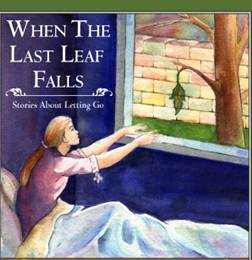ADBCC
试题分析:本文通过几个例子告诉我们美国英语和英国英语在词汇方面的诸多差异。
1.A 细节题。根据文章第一段最后2行But in Britain, “pants” means underpants, not trousers as it does back home.可知双方对于“pants”的理解不同。故A正确。
2.D 推理题。根据文章最后3行Fed up and tired, I finally had to go out to find a phone box. She explained that her flat was on the first floor, which for me meant the ground floor. 可知我没有找到对方的家,所以找了一个电话亭,打电话进行联系。
3.B 推理题。根据第二段1,2行When I asked for the “restroom” in a big department store, people kept directing me to a room with seats where I could sit and “rest”.可知我说的restroom是指上厕所。对方理解成我要去休息。故B正确。
4.C 推理题。根据第三段最后2行He had no idea their word for “boot” was “trunk”. In the end we went to a garage and just solved the problem.可知我们是到修理厂去把车修好的,故C项正确。
5.C 推理题。根据文章最后2行. She explained that her flat was on the first floor, which for me meant the ground floor.可知the ground floor是来自英国英语的词汇,在美国英语中就是the first floor。故C正确。
考点:考查文化类短文阅读
点评:本文通过几个例子告诉我们美国英语和英国英语在词汇方面的诸多差异。本文细节题居多,答题时在文章找到对应的地方,用笔进行标记,这有利于后期有时间检查时可以立刻找到答案的位置。仔细理解作者所讲的意思,再结合选项,通过排除法和自己对全文的把握,选出正确答案。



